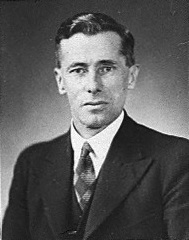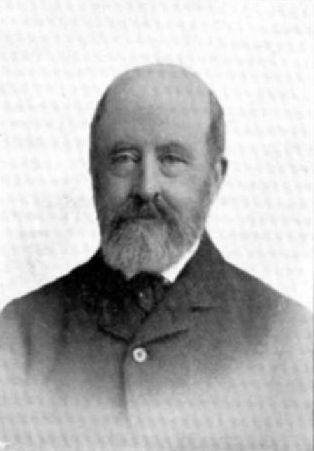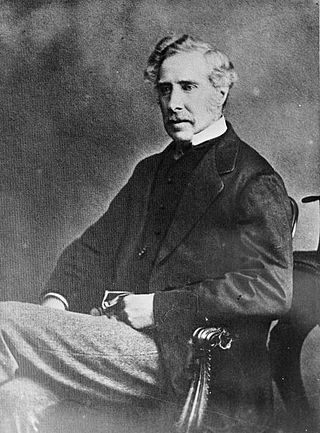
Sir Walter Lawry Buller was a New Zealand lawyer and naturalist who was a dominant figure in New Zealand ornithology. His book, A History of the Birds of New Zealand, first published in 1873, was published as an enlarged version in 1888 and became a New Zealand classic.

The 1890 New Zealand general election was one of New Zealand's most significant. It marked the beginning of party politics in New Zealand with the formation of the Liberal Government, which was to enact major welfare, labour and electoral reforms, including giving the vote to women.

The 1893 New Zealand general election was held on 28 November and 20 December in the European and Māori electorates, respectively, to elect 74 MPs to the 12th session of the New Zealand Parliament. The election was won by the Liberal Party, and Richard Seddon became prime minister.

The 1899 New Zealand general election was held on 6 and 19 December in the European and Māori electorates, respectively, to elect 74 MPs to the 14th session of the New Zealand Parliament. The election was again won by the Liberal Party, and Richard Seddon remained Prime Minister.
Akaroa was a New Zealand electorate. It was located in Banks Peninsula, Canterbury, and named after the town of the same name. One of the original 24 electorates, it existed from 1853 to 1893.
City of Auckland was a New Zealand electorate formed for the election of 1853. It existed from 1853 to 1860, and from 1890 to 1905.

Selwyn is a current electorate in the New Zealand House of Representatives, composed of towns on the outskirts of Christchurch city. The electorate was first formed for the 1866 election and has been abolished three times during its history. It was last re-established for the 2008 election and has been held by Nicola Grigg for the National Party since the 2020 election.

Robert Coulter was a New Zealand politician of the Labour Party.
Avon is a former New Zealand parliamentary electorate. It was created for the 1861 general election and existed until 1996. It was represented by 13 Members of Parliament and was held by Independents, Liberal Party or Labour Party representatives.
The former New Zealand parliamentary electorate on the western inner city of Auckland, was known as City of Auckland West from 1861 to 1890, and then Auckland West from 1905 to 1946.

William Shepherd Allen was an English Liberal politician. He also worked as a farmer and served as an MP in New Zealand.
Thames is a former New Zealand electorate, in the Thames-Coromandel District. It existed from 1871 to 1946.
Tuapeka is a former parliamentary electorate in the Otago region of New Zealand, from 1871 to 1911.
Te Aroha was a parliamentary electorate in the Waikato region of New Zealand from 1890 to 1893. The electorate was represented by two Members of Parliament. The current Te Aroha ward is represented by the Matamata-Piako District in the Waikato region of New Zealand.
Christchurch was a parliamentary electorate in Christchurch, New Zealand. It existed three times. Originally it was the Town of Christchurch from 1853 to 1860. From the 1860–1861 election to the 1871 election, it existed as City of Christchurch. It then existed from the 1875–1876 election until the 1881 election. The last period was from the 1890 election to the 1905 election. Since the 1946 election, a similarly named electorate called Christchurch Central has been in existence.
City of Dunedin, during the first two parliaments called Town of Dunedin, was a parliamentary electorate in Dunedin in Otago, New Zealand. It was one of the original electorates created in 1853 and existed, with two breaks, until 1905. The first break, from 1862 to 1866, was caused by an influx of people through the Otago gold rush, when many new electorates were formed in Otago. The second break occurred from 1881 to 1890. It was the only New Zealand electorate that was created as a single-member, two-member and three member electorate.

William Fraser (1827–1901) was a 19th-century Liberal Party Member of Parliament in the Auckland Region, New Zealand.

The 11th New Zealand Parliament was a term of the Parliament of New Zealand.

The 14th New Zealand Parliament was a term of the New Zealand Parliament. It was elected at the 1899 general election in December of that year.

This is a summary of the electoral history of Sir George Grey, Prime Minister of New Zealand, (1877–1879). He represented six electorates during his political career.











